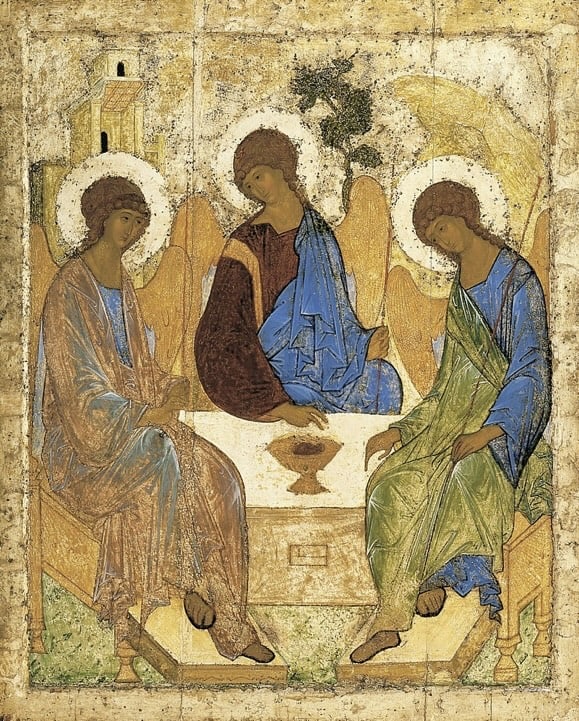
Mutual Hospitality
Björn Vikström
Professor of Theology
Åbo Akademi University
Christian congregations are today part of a society that is becoming more pluralistic, secularized, and multireligious at the same time. This creates a need for theological reflection on how we as Christians should encounter our fellow human beings who live, think, and believe in other ways than we do.
When I wrote a book some years ago on the theology of hospitality, it struck me how central this topic is in the Bible. Hospitality is both a characteristic of God, and an ethical demand. There are several narratives and metaphors referring to God or Jesus as the generous host of festive gatherings. Parallel to this, there are summons to show hospitality, especially to strangers and to other fellow humans in need.
When we speak about hospitality, we usually focus on the host: we encourage each other to be hospitable by inviting guests to our houses, our congregations, and our country. Hospitality requires, however, not only hosts. It is as important that we are ready to become guests. When we invite people to our houses, we do not know what will come out of this encounter. As long as we only act as hosts on our home ground, we are able to maintain a certain control over things. When our former guests invite us to their home, things get more unpredictable.
The German theologian Werner G. Jeanrond has written: if you are not ready for change, you cannot love. I think that the same goes for hospitality. Of course, we can pretend to show hospitality from a certain distance. This attitude creates an unequal relation between the host and the guest: “I invite you even though you are so strange.” Thereby, the host boasts of his or her tolerance, without ever being challenged by the encounter.
Hospitality implies that we show our guests what is dear to us – our home, our family, our faith, our worldview. It may also include the sharing of our hopes and fears, our struggles and shortcomings. Simultaneously, we invite our guests to tell about their lives, experiences and convictions. When we in turn visit them, the context and the roles change, but the purpose of the encounter remains the same.
Many of the controversies between Jesus and his opponents started with conflicts regarding what or with whom we may eat -– and when. Jesus’ shocking generosity regarding his table fellowship, both in praxis and in his parables, provoked animated protests.
When we talk about hospitality, we do need to discuss also the limits of hospitality. A limitless hospitality is destructive: a home without doors cannot provide shelter to anyone. But a home hidden behind locked gates can never become an arena for engaged and open discussions between persons of different faiths and beliefs.
Jesus is said to knock on our door in the hope of being invited to share food and drink with us. Jesus also identifies himself strongly with the poor and hungry, the prisoners and the strangers. All that we do to them, we simultaneously do to him. Hospitality has a strong diaconal dimension, it is a way to make God’s mercy visible and embodied.
In the eucharist, Jesus is the host who invites us to the table. He is also present in every fellow Christian around the globe with whom we share the meal. In addition, Jesus is the bread we eat and the wine we drink. When we return to our daily life, we are called to act as he did: liberating, encouraging, and forgiving. And to show hospitality, without knowing where this will lead us.
